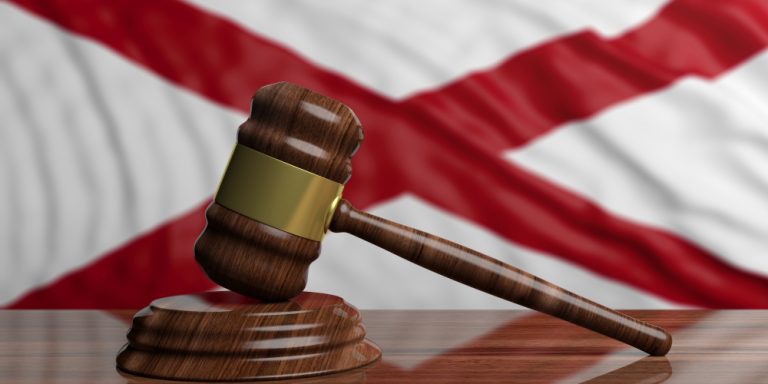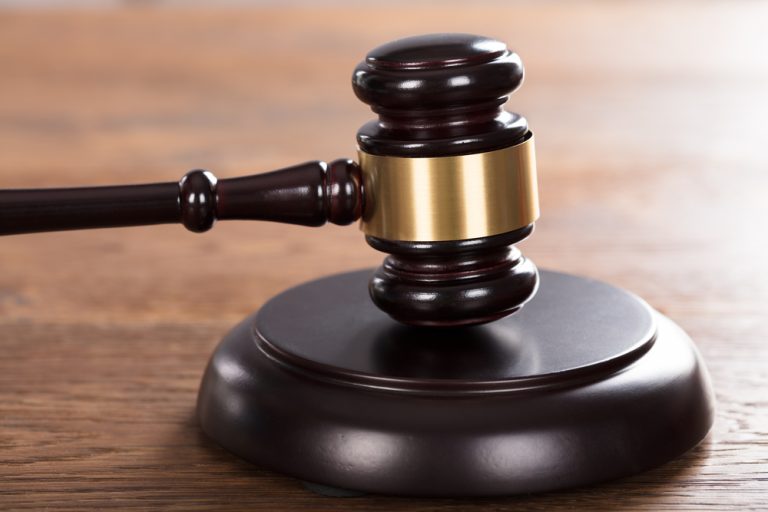Daubert Applies Retroactively, Explains Fourth DCA
Daubert Applies Retroactively, Explains Fourth DCA
The Fourth District Court of Appeal recently issued a reminder that Daubert is the standard for all disputes regarding admissibility of expert testimony in Florida, and applies retroactively even where Frye was the standard during trial. Larocca v. State of Florida, — So. 3d —- (Fla. 4th DCA January 15, 2020).
In Larocca, the Fourth District considered whether the trial court erred in admitting testimony of a toxicologist expert in a criminal case. The defendant, who was convicted of first-degree murder, armed burglary of a dwelling, and grand theft, raised self-defense in the trial. Over the defendant’s objection, the trial court permitted testimony of the prosecution’s toxicologist expert that it was impossible to tell whether alcohol found in the victim’s body was from the consumption of alcohol or from the process of the body decomposing.
On appeal, the defendant argued that the trial court erred by failing to conduct a Frye hearing before allowing the state’s toxicologist expert to testify. At the time of the trial, Frye was the relevant standard for addressing expert testimony. Subsequently, however, the Florida Supreme Court adopted the Daubert standard for admitting expert scientific testimony. In re Amendments to Fla. Evidence Code, 278 So. 3d 551 (Fla. 2019). In that ruling, the Florida Supreme Court adopted Daubert as a procedural rule of evidence in Florida courts, resolving a longstanding dispute about whether Daubert or Frye should be the governing rule in Florida for admissibility of expert testimony. See Florida Supreme Court Adopts Daubert Standard, Rejects Frye.
The Fourth District ruled that, although Frye was the applicable standard when the defendant’s case was tried, Daubert nonetheless applied on appeal. The court explained that “the amendment implementing Daubert is procedural and so the change applies retroactively.” The court also stated that, under Florida’s “pipeline rule,” the disposition of a case on appeal should be made in accord with the law in effect at the time of the appellate court’s decision, rather than the law in effect at the time the judgment appealed was rendered.
Accordingly, the court affirmed and ruled that there was no error by the trial court in failing to hold a Frye hearing before admitting the toxicologist expert’s testimony. The Fourth District concluded that the trial court properly exercised its gatekeeping role under Daubert because, before testifying as to his opinions, the toxicologist discussed his relevant education, training, experience, and the science supporting his position. The court also found that the testimony was cumulative of the medical examiner’s testimony, which was not objected to, and therefore that any error was harmless.







